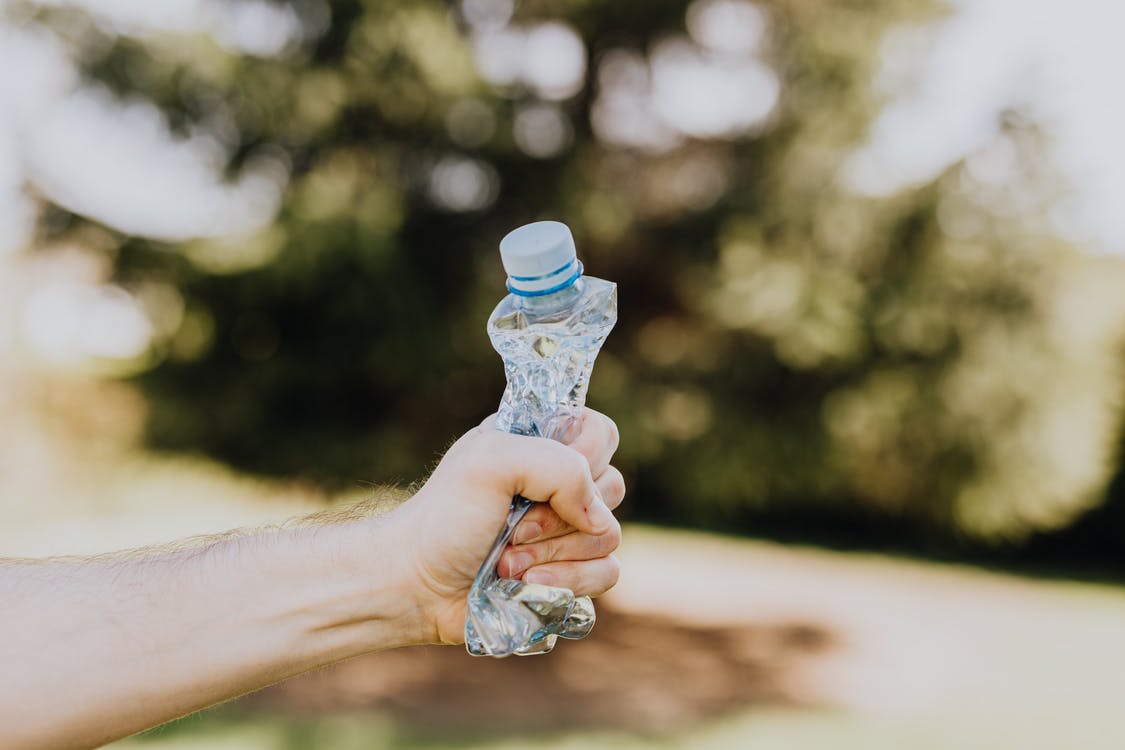
The fifties and sixties brought us Elvis, a moon landing, television, and a whole host of other awesome things. But it also brought heaps of plastic. In the early days, plastic seemed like a great thing. After all, it was marketed as convenient, hygienic, and low-cost, making it seemingly perfect for so many everyday items. But as we now know, plastic has become a scourge on the environment.
Landfills are bursting at the seams, and sea-dwelling creatures are suffering from plastic pollution. Here are five shocking facts that highlight the extent of the problem.
99% of plastic comes from fossil fuels
Plastic production is inexorably linked to fossil fuels, which are one of the main producers of greenhouse gasses. For instance, ExxonMobil is one of the world’s biggest culprits when it comes to plastic waste. Fast Moving Consumer Goods (FMCG) companies also drive the demand for plastic, including Coca-Cola, Nestle, and Unilever. They have helped to create a throw-away culture made possible by single-use plastics, which is one of the biggest environmental issues our planet currently faces.
Plastic ends up in the oceans and atmosphere
Research from Greenpeace found that one ton of plastic produces five tons of carbon dioxide. If we’re serious about getting to net zero, this is terrible news. This is because plastic emits greenhouse gases at every stage of its production – even when it’s recycled. When plastic sits in landfill sites, it emits methane gases, and it’s estimated that by 2050, 13% of the earth’s entire carbon budget could be counted for by plastics.
Only 9% of plastic has ever been recycled
Since 1950, only 9% of plastic has ever been recycled. In other words, companies are good at using recycling as a smokescreen, leading many of us to think that they’re not as bad as some sources make out. After all, if the public thinks that recycling is successful, they’re going to be less concerned about the environment. This is a dangerous mindset to adopt and is akin to deceptive marketing. The main reason for this is that it’s not economically viable to recycle plastic, which has incidentally fuelled the next point.
Plastic production is increasing
FMCG companies that have told us how good recycling is are now accelerating the production of virgin plastics. This is in spite of the fact that plastic is ending up in landfills, oceans, and the atmosphere at an alarming rate. Big oil companies are all too happy to meet the demand for plastics, as they see it as a way to boost their otherwise dwindling profits. This is a vicious cycle, and if nothing is done, plastic production could double by 2035.
Companies aren’t meeting their single-use targets
As well as increasing plastic production, FMCG companies are missing the mark when it comes to their single-use targets. They’re also trying to cover up this fact. As an example, Coca-Cola has promised to use 50% recycled material by 2030. But it made this promise in 2015, which was the same year it was meant to have used 25% of recycled plastics in its packaging. The highest grade received by any FMCG company was the B minus awarded to Unilever, while fifteen companies received an F. In other words, there’s still a long way to go if we’re to see the required changes.
What needs to be done to stop plastic pollution
Here are some achievable goals for companies to work towards:
- Every company should aim for 25% recycled packaging by 2025 and 50% by 2030.
- All single-use plastic should be phased out.
- Packaging manufacturers should standardise reusable packaging.
- Sustainable packaging solutions should be publicly shared.
- Annual data should be reported and shared with the public.
And for consumers:
- Advocate for a Global Plastics Treaty.
- Support legislation that bans single-use plastic.
- Avoid companies that campaign against single-use plastic elimination.
- Put pressure on governments wherever possible.
Find out how you can use your collective power to put pressure on companies like Coca-Cola and hopefully start to make some inroads as far as plastic pollution is concerned.
 2018 ·
2018 ·
Leave a Reply